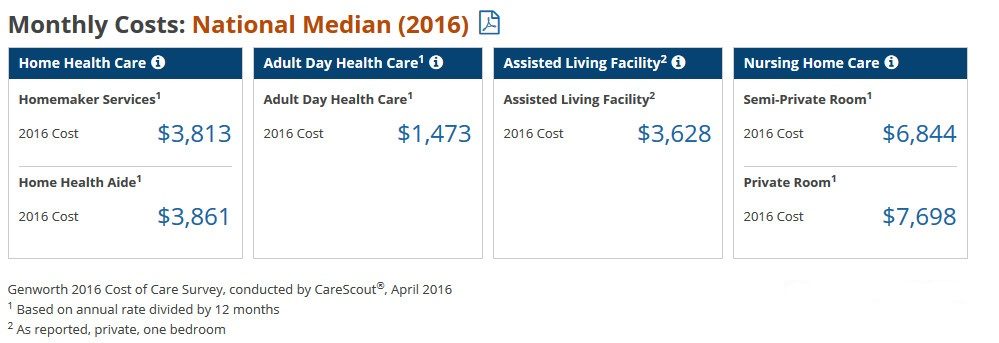
There are many options for long-term nursing care for an elderly loved one. There are many options, including assisted living, community-based care and Alzheimer's care. Although it is difficult to decide which option is best for you, there are some important things to remember when choosing the right one. We'll be covering some of your options when it comes to elder care.
Assisted living
Assisted living for seniors is a community that assists with daily activities. This includes personal care, housekeeping, and meals. Residents can participate in hobbies, participate in social activities, and pursue their spiritual or intellectual interests. In most cases, healthcare is available at all times. Each resident is assigned a care plan that is reviewed regularly. Residents with special needs or medical conditions may be referred for higher care.
Medicaid may pay some of the costs for assisted living. It covers the current health care needs of 75 million Americans. Medicaid eligibility requirements, as well as the application process, vary from one state. You can check with your state Medicaid agency for further information. However, Medicare does not cover the costs of assisted living. You may be eligible for Medicaid. There are other options available to you.

Home care
As your loved one gets older, you will have to decide what type of long-term homecare he or she needs. Aging naturally may require assistance, but so can illness and the progression of dementia. Below are some resources and tips that will help you make the right choice. Here are some tips to help you find the right long-term care provider. You can also find referrals from family members and friends.
It may be more comfortable for seniors to remain at home. This familiarity often helps older people cope with loss and illness. It is often the best choice to stay in the same house as their families. Many people make the difficult decision to move from their house after suffering a severe illness or a sudden loss. It is important to plan ahead so that your loved one feels comfortable with the decision. This will ensure that your loved one can still visit their family and remain close to them.
Community-based care
Over a million people provide personal and home care services to the elderly in their communities. As the population grows older, the demand for community-based long-term care services will grow as well. Eighty percent would prefer to receive their care at their home rather than in an institution. You can find community-based services that include personal care as well as home health modifications and transportation.
Long-term care for the elderly can be provided at home by either family members or paid providers. These services are an excellent alternative to nursing homes as they can be more cost-effective and flexible. These services can include supervision and housekeeping. These homes can be licensed by the State Department of Health and Medicaid. Family-type homes are an excellent choice for those who can't stay in a nursing house.

Alzheimer's care
It is important to be able to provide the best Alzheimer's care to elderly relatives. Incontinence can be caused by impaired bladder control. Incontinence may be embarrassing and can indicate a serious medical condition, such as a cystitis or a urinary tract infection. There are many different ways to care for an elderly person with Alzheimer's disease.
Start by writing down all medications used. Most pharmaceutical companies have a prescription assistance program (PAP) that will provide free medications. You can also ask for co-payment waivers if you have health insurance. Make sure you list all medication taken by your loved one and then search the database to find assistance programs. A list of assistance programs will be available to help pay for the medications of your loved one.